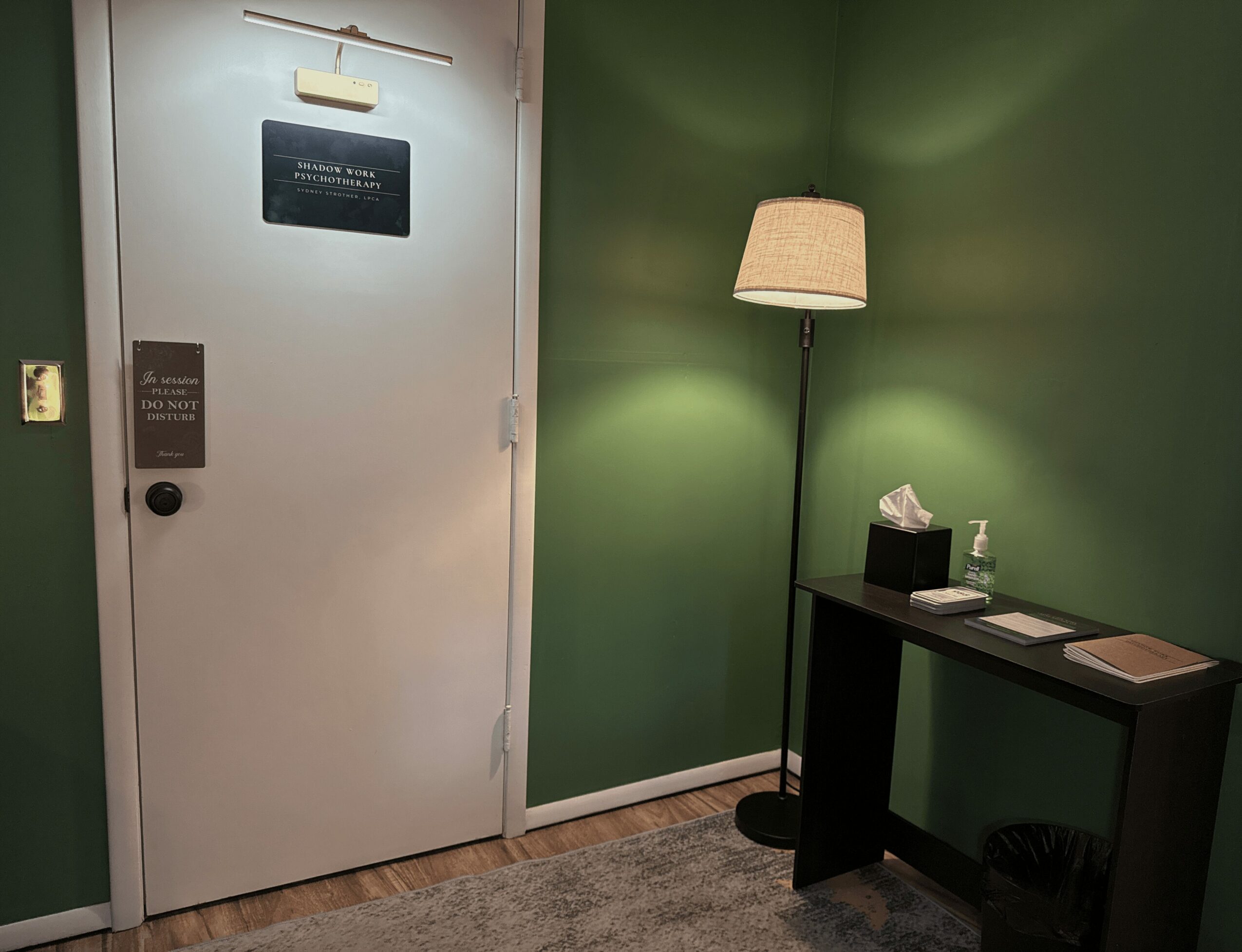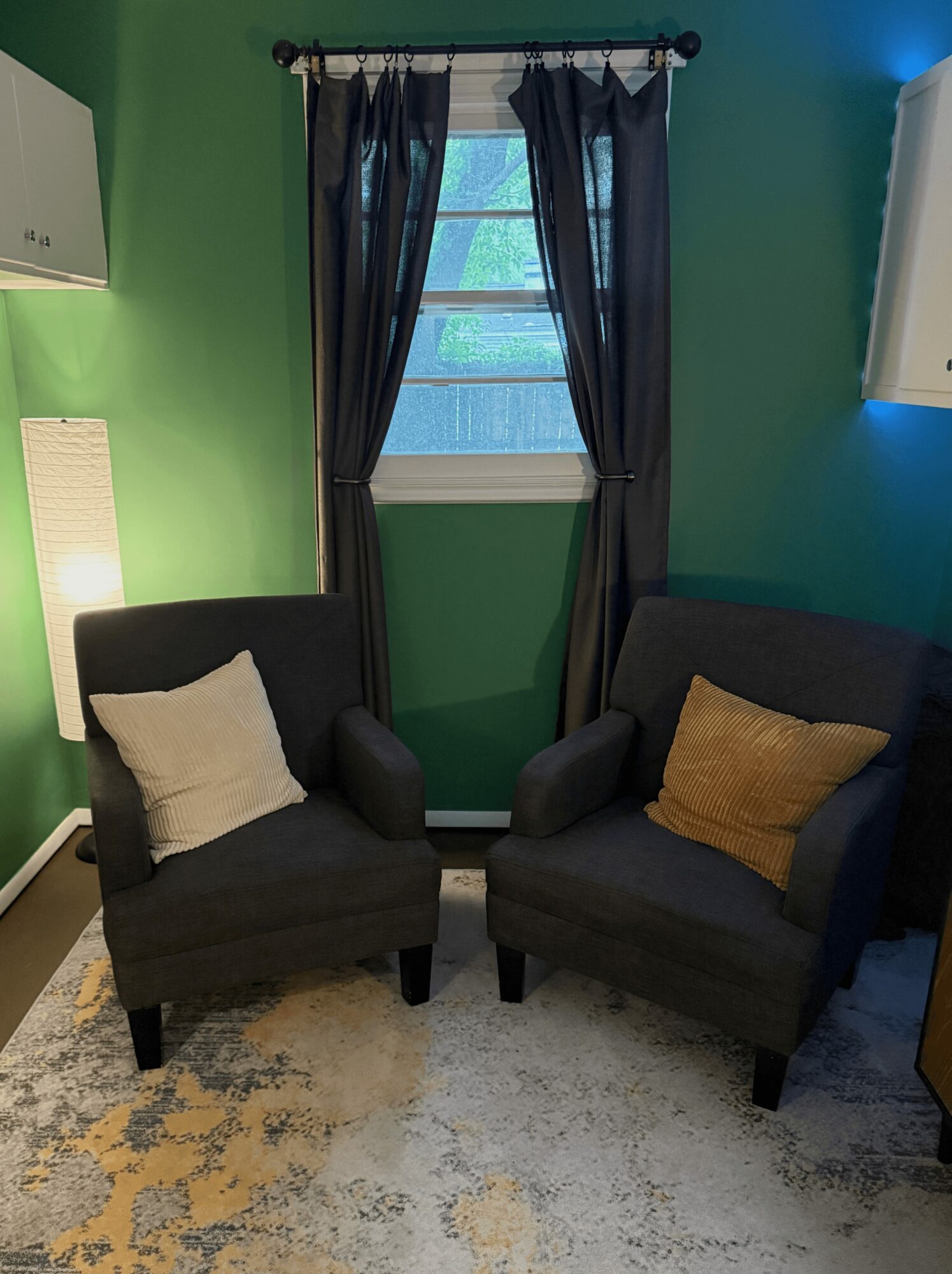

Today we’d like to introduce you to Sydney Strother.
Hi Sydney, so excited to have you on the platform. So before we get into questions about your work-life, maybe you can bring our readers up to speed on your story and how you got to where you are today?
I’ve always been fascinated by what makes us human—our inner worlds, beliefs, and the ways we make sense of life. My path into therapy began with an interest in psychology, philosophy, and religion. I began conducting research at Winthrop University on religious trauma, an area that remains meaningful to me personally and professionally.
My research took me to Vatican City, Greece, Italy, and Ireland, where I explored sacred spaces and their impact on human experience. I went on to earn a Master of Science in Applied Clinical Psychology at the University of South Carolina Aiken and became a therapist.
Before starting my own practice, I worked at a mental hospital and a community mental health center. While working there, high caseloads and demands made it impossible to provide the care people truly need. I opened Shadow Work Psychotherapy in April 2025 to offer therapy that is thoughtful, supportive, and centered on each person’s journey.
Today, I help clients navigate trauma, anxiety, perfectionism, and other challenges. I combine approaches like EMDR (Eye Movement Desensitization and Reprocessing) to explore how our past shapes the present. For me, therapy is both a science and an art, guided by curiosity, compassion, and connection.
I’m sure it wasn’t obstacle-free, but would you say the journey has been fairly smooth so far?
My path to starting my practice wasn’t entirely smooth. One of the biggest challenges I faced was burnout from working in high-caseload environments, where the focus was on productivity rather than the quality of care. It was difficult to reconcile the desire to truly support my clients with the pressure to see more people than was sustainable, both for their wellbeing and my own.
Making the shift to private practice was transformative. It allowed me to create a space where I could focus on thoughtful, individualized care, and to prioritize my own mental health alongside my clients’ needs. Practicing self-care, setting boundaries, and designing a practice that reflected my values helped me overcome burnout and rediscover why I became a therapist in the first place.
That experience taught me the importance of advocating for both clients and myself. It’s shaped how I approach my work today, creating a practice where meaningful healing can happen without compromise.
As you know, we’re big fans of Shadow Work Psychotherapy. For our readers who might not be as familiar what can you tell them about the brand?
Shadow Work Psychotherapy is a private practice that provides therapy in a way that truly prioritizes the wellbeing of both clients and myself. I specialize in trauma, anxiety, perfectionism, and complex life challenges, using approaches like EMDR alongside deeper exploration of how the past shapes the present.
What sets my practice apart is the intentional combination of evidence-based techniques with a warm, grounded, and supportive environment. I’ve designed the office to feel cozy and welcoming, almost like a separate, reflective space where clients can feel safe and fully seen.
I’m most proud of building a practice that reflects these values, where therapy is not just about progress, but also about the process of connection and curiosity. Shadow Work Psychotherapy is a space where clients can feel truly supported as they work through challenges and grow toward healing.
Shadow Work Psychotherapy is moving locations starting November 14th. Our new office will be located at 900 Trail Ridge Rd 1st Floor, Aiken, SC 29803.
In terms of your work and the industry, what are some of the changes you are expecting to see over the next five to ten years?
I see therapy moving toward a bottom-up approach that focuses on the root causes of challenges, the emotions behind them, and how trauma is stored in the body. For decades, top-down methods like CBT (Cognitive Behavioral Therapy) emphasized changing thoughts or behaviors first, but I believe lasting healing comes from addressing what’s happening beneath the surface. I use this approach in my work because it helps clients make deeper, more sustainable change—and I think the field is beginning to recognize its value again.
Contact Info:
- Website: https://www.swptherapy.com/
- Instagram: https://www.instagram.com/shadowworkpsychotherapy/
- Facebook: https://www.facebook.com/SydneyStrotherLPCA
- LinkedIn: https://www.linkedin.com/in/sydneystrother/
- Yelp: https://www.yelp.com/biz/shadow-work-psychotherapy-aiken
- Other: https://guidetosouthcarolina.com/aiken/health-medical/shadow-work-psychotherapy















